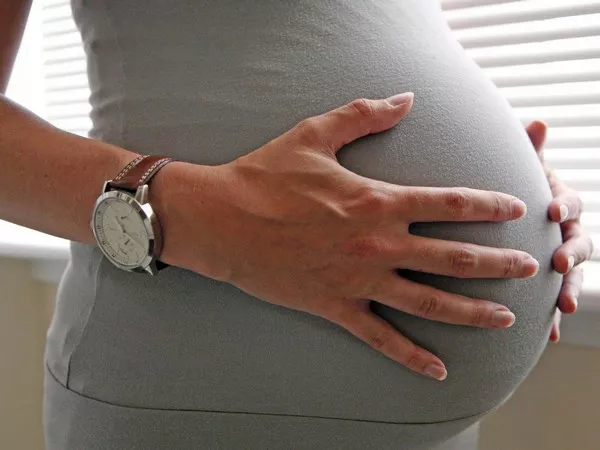A recent study published in JAMA Network Open has found that maternal vaccination against respiratory syncytial virus (RSV) during the third trimester of pregnancy does not lead to an elevated risk of preterm birth or other adverse birth outcomes. This study provides reassurance following the approval of Pfizer’s Abrysvo vaccine by the US Food and Drug Administration (FDA) for use in pregnant women between 32 to 36 weeks gestation, based on earlier clinical trial data.
RSV is a significant cause of hospitalizations and deaths among children under five in the United States annually, prompting recommendations from the Centers for Disease Control and Prevention (CDC) for pregnant women to receive the RSV vaccine from September to January to protect newborns.
The study analyzed data from 1,026 vaccinated and 1,947 unvaccinated patients treated at two New York City hospitals from September 22, 2023, to January 31, 2024. It found no significant difference in the rate of preterm births between vaccinated patients (5.9%) and unvaccinated patients (6.7%), where preterm birth was defined as birth before 37 weeks’ gestation.
Lead author Dr. Moeun Son, from Weill Cornell Medicine, emphasized the study’s real-world setting, contrasting it with clinical trials and highlighting its relevance in broader patient populations. The study’s findings contribute to growing confidence in the safety of the RSV vaccine during pregnancy, despite earlier concerns from clinical trials suggesting a slight increase in preterm birth rates among vaccinated individuals.
While the study did not find differences in rates of small-for-gestational-age births or stillbirths, it did identify an increased risk of overall hypertension disorders in pregnancy among those who received the RSV vaccine, though the clinical significance of this finding requires further investigation.
In an accompanying editorial, Dr. Annette Regan from the University of San Francisco underscored the study’s importance in reassuring healthcare providers and pregnant women about the safety of the RSV vaccine, especially in light of earlier clinical data concerns.
Looking ahead to the upcoming RSV vaccination season, Dr. Son emphasized the importance of addressing potential barriers to vaccine access and hesitancy among pregnant women to ensure those who could benefit receive the vaccine.
Overall, this study offers valuable insights into the safety profile of late-pregnancy RSV vaccination and supports ongoing efforts to protect both maternal and neonatal health during RSV season.


